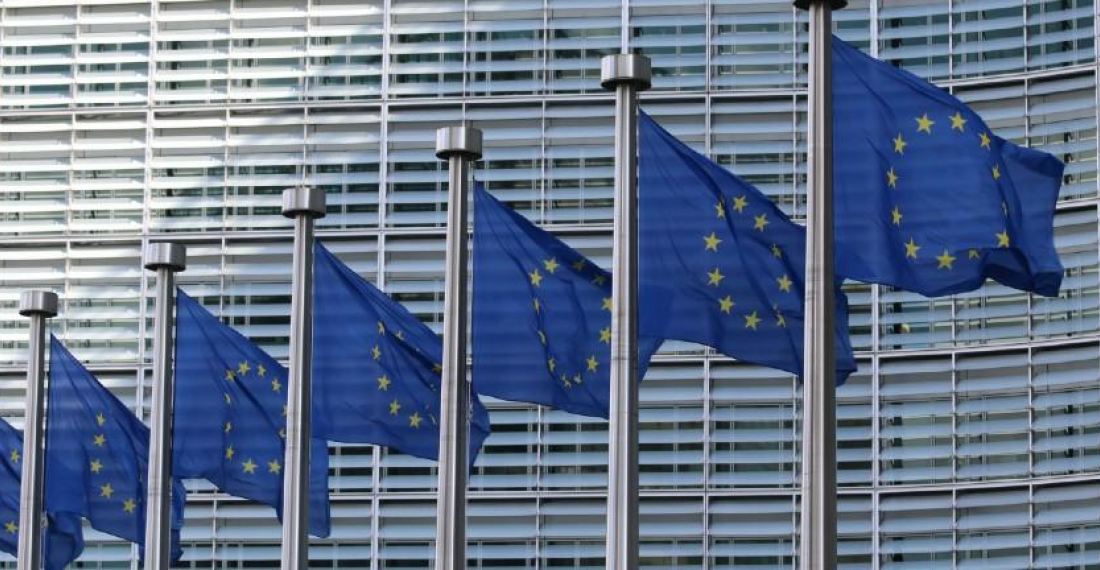It is expected that European Union monitors will arrive on the Armenian side of the Armenia-Azerbaijan border before the end of this month. An EU technical assessment mission arrived in Yerevan on Friday (14 October), and EU foreign ministers are expected to discuss the matter and endorse a mandate and a budget for the mission on Monday (17 October).
A statement from the European External Action Service on Friday evening stated:
Following the request by Armenia, an EU technical assessment mission has today arrived in Yerevan. The task of this mission is to prepare for the deployment of EU monitors to the Armenian side of the Armenia-Azerbaijan border later this month, in line with the agreement reached on the 6 October at the quadrilateral meeting between President Aliyev, Prime Minister Pashinyan, President Macron and President Michel.
EU Member States will further discuss at the Foreign Affairs Council on Monday 17 October the proposal of High Representative Josep Borrell to deploy a monitoring mission, which will have as its primary aims contributing to stability and building confidence as well as supporting the work of the border commissions to improve security along the bilateral border.
The deployment of the mission is seen as an important development in the process of normalising Armenia-Azerbaijan relatiuons and is closely related to the negotiations of a peace treaty and of the work of a Border Delineation and Demarcation Commission. Both asspire to finish their work before the end of the year, and so the mandate of the mission is initially for two months. Observers however think that given the range of issues to be discussed, even in the best conditions and with the strongest political will, a lot of issues will remain unresolved by the end of the year, and a second phase of negotiations will continue in the new year.
Russia has recently expressed its displeasure at the depolyment of the EU mission and suggested deploying a mission from the Collective Security Treaty Organisation (CSTO) instead. Armenia, despite being a member of the CSTO, does not seem to think this is a good idea.
The EU mission will operate only on the Armenian side of the Armenia-Azerbaijan border, but in Prague on 6 October, Azerbaijan indicated it will co-operate with the mission on an ad hoc basis.
source: commonspace.eu







